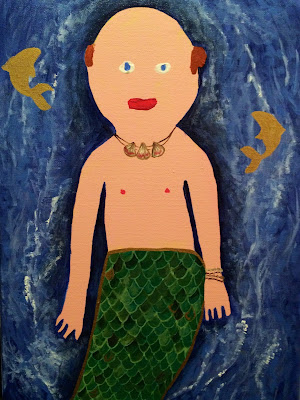I started making artwork about the housing crisis in London in 2012. Since then people have often shared their stories with me, recounting how their lives have been affected by the phenomenal and rapid increase of the cost of rent in the capital. People are struggling to make ends meet, many are being priced out, whole communities are being marginalised and edged out of London.
For a long time I wasn't sure what to do with the stories, I just collected them. But eventually I decided that I needed to start incorporating them into the work itself, as a way of documenting and communicating the housing issues that so many people are currently facing.
For a long time I had been thinking about estate agent signs and how they sprout up like weeds in London. Because the housing market is strong at the moment, flats and houses sell quickly and can be rented out within a few hours. However there are signs advertising properties 'For Sale' and 'To Let' littering and intruding every street, their familiar colours and branding becoming a part of our surroundings. These signs stay outside for months on end even though the houses and flats were let or sold within a few days.
Each 'For Sale' sign symbolises money and a financial transaction, but each one also tells a human story. The family who could no longer afford the rent when the landlord increased it by another £600 per month, so were forced to move away and take their kids away from the school where they were settled. The person whose entire monthly income goes into their landlords pocket, yet that landlord won't make any repairs.
So I started making my own versions of the signs, replacing the text with the stories and real experiences that people had shared with me. They are a bit like protest signs I suppose, and I want them to tell the truth.
Each sign is a unique painting over a 2-3 colour screen print, which was printed directly onto existing found estate agent signs. I've made 25 of these signs so far and I want to make more, so if you have a story to share please let me know.
This body of work was created for Banksy's Bemusement Park: Dismaland in Weston-Super-Mare.
A selection of these signs will also be on show at The Poor Door, a collective exhibition about the housing crisis, opening at A-side B-side Gallery on 1st October.
________________________________________________________________
I did the screen printing at Atom Gallery on Stroud Green Road, with guidance and expertise from master screen printer Mark Perronet (thank you Mark!)
The photographs are by the very talented Lady Ray, you can see more of her work here: lrcphotography.co.uk



















